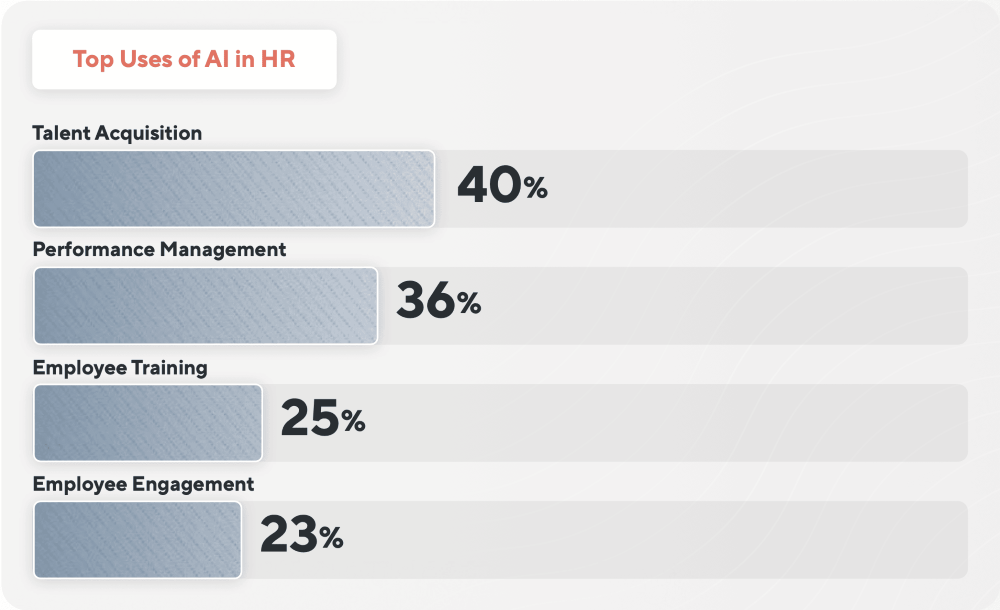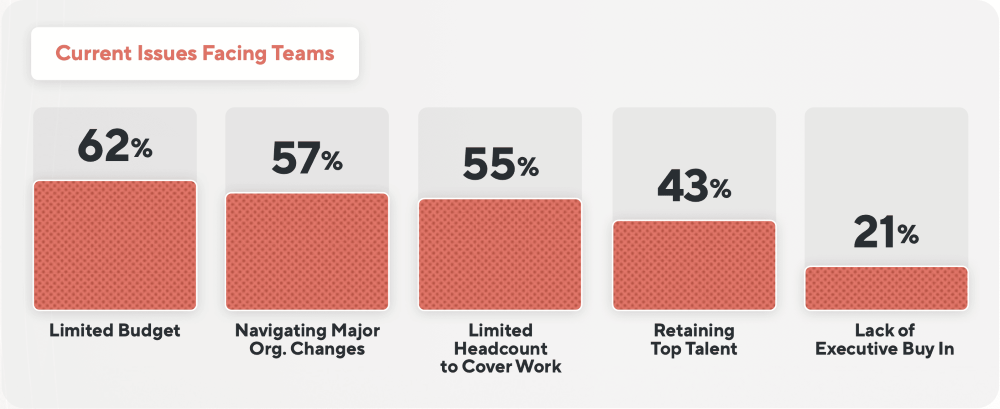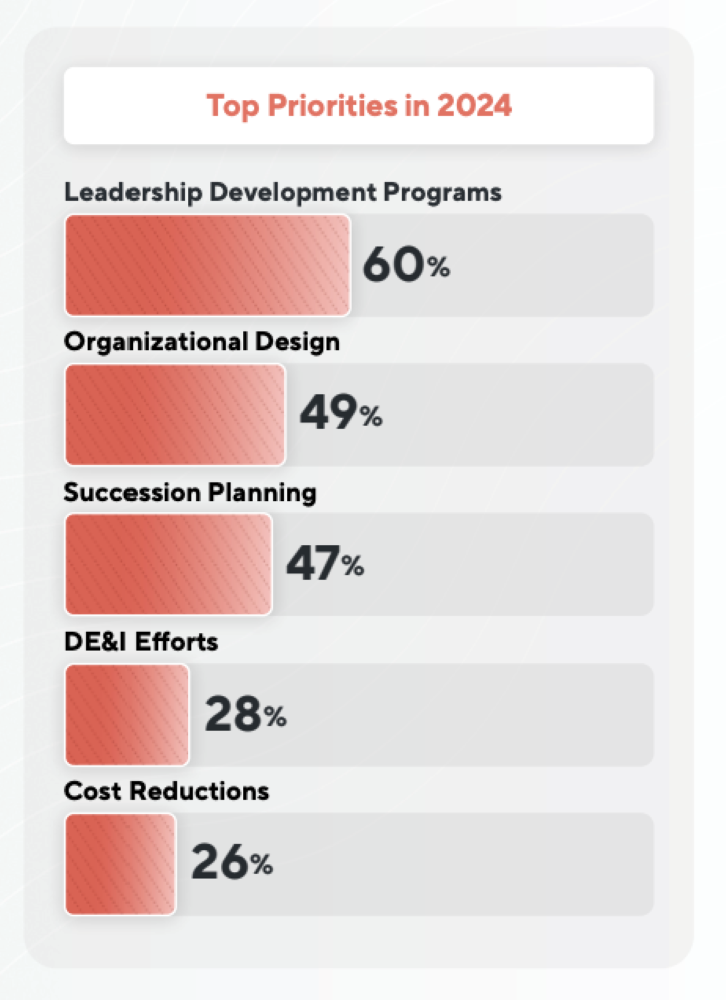
New report underscores impact of layoffs, reduced budgets for HR

More than 70% of HR teams are using or planning to use artificial intelligence in their functions, as they grapple with limited budget and the consequences of layoffs in the past year.
A survey by Elevate among 2,900 HR leaders and C-suite executives in the United States and Canada found that adoption of AI has become more mainstream for HR teams.
Smaller companies were even more reliant on the technology, according to the report, with over 86% saying they planned to use it in some capacity this 2024.
Four in 10 respondents said they use AI for talent acquisition, while 36% said they use it for performance management.
 Source: Elevate HR Industry Trends Report 2024
Source: Elevate HR Industry Trends Report 2024
The widespread use of AI comes as HR teams cite limited budgets and the ripple effect of 2023 layoffs as their biggest challenges this year.
"As funding has dried up in many sectors, particularly tech, companies have had to change the way they operate to focus on profitability," the report read. "This has noticeably shifted attitudes within HR teams across every major industry."
 Source: Elevate HR Industry Trends Report 2024
Source: Elevate HR Industry Trends Report 2024
Consequences from layoffs were also regarded as the most significant factor hitting employee engagement, according to the report.
It found that limited resources (19%) emerged as the top-cited reason impacting employee engagement, followed by burnout (17%) and leadership (17%).
"Employees are currently overextended, with many being given tasks outside of their normal duties. This has led to burnout and issues with leadership's decisions, especially when no future hiring plans are in place," the report read.
Communication is the key to address this issue, according to the report.
"With recent shakeups, such as layoffs and budget cuts, management has likely not communicated their reasoning downward properly to employees."
This year, 60% of the respondents said they are prioritising leadership development programmes.
Nearly half also said they are looking into organisational design (49%) and succession planning (47%).
"These tie into recent workforce reductions and how they've affected remaining teams," the report read. "In many cases, employees without managerial experience are being promoted, while existing managers have been assigned even greater responsibility."
It pointed out that leadership training will be crucial in filling these knowledge gaps.
"HR teams themselves are also resource constrained, making outsourced leadership training more attractive than building internal content or programming."
 Source: Elevate HR Industry Trends Report 2024
Source: Elevate HR Industry Trends Report 2024